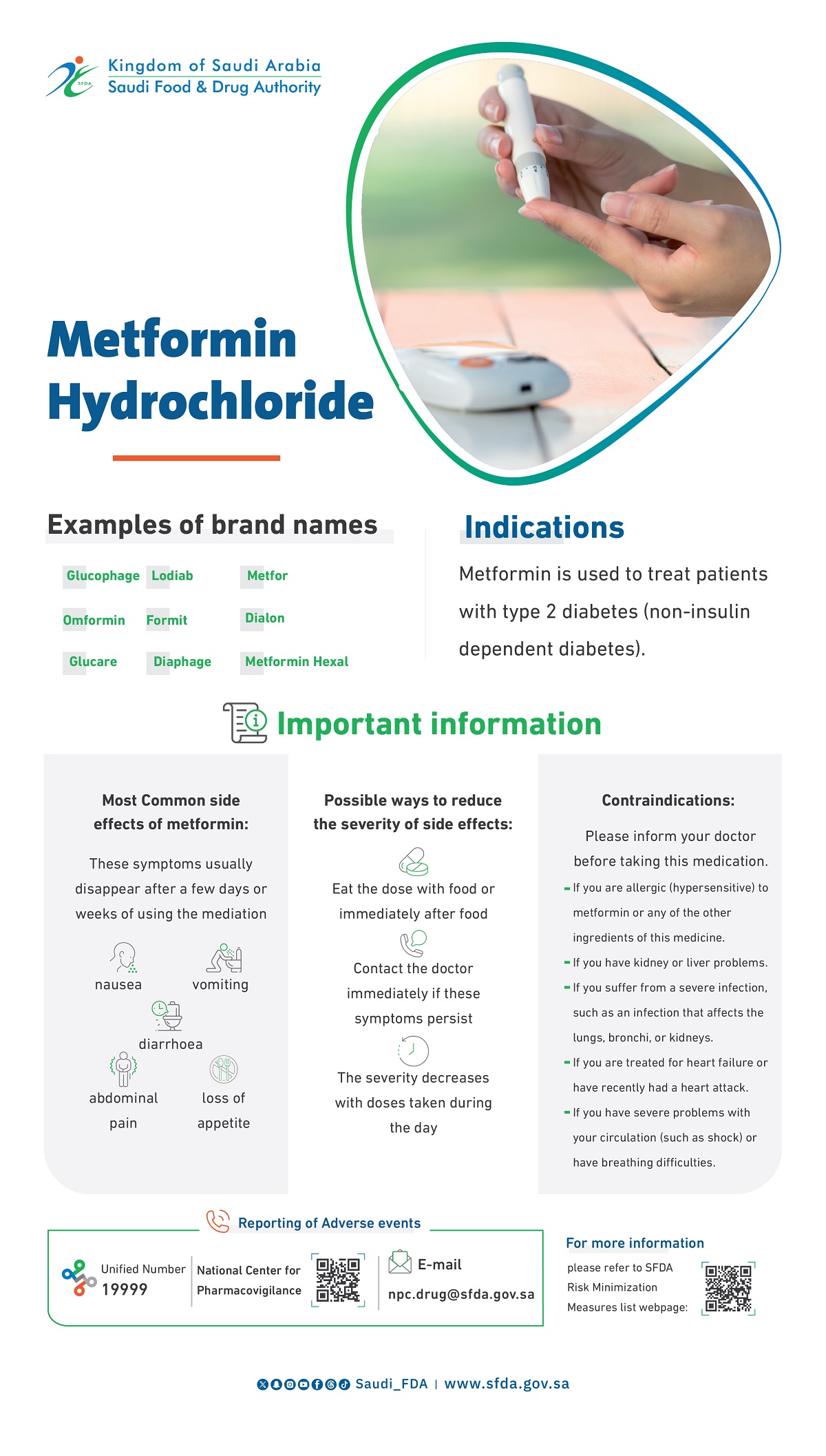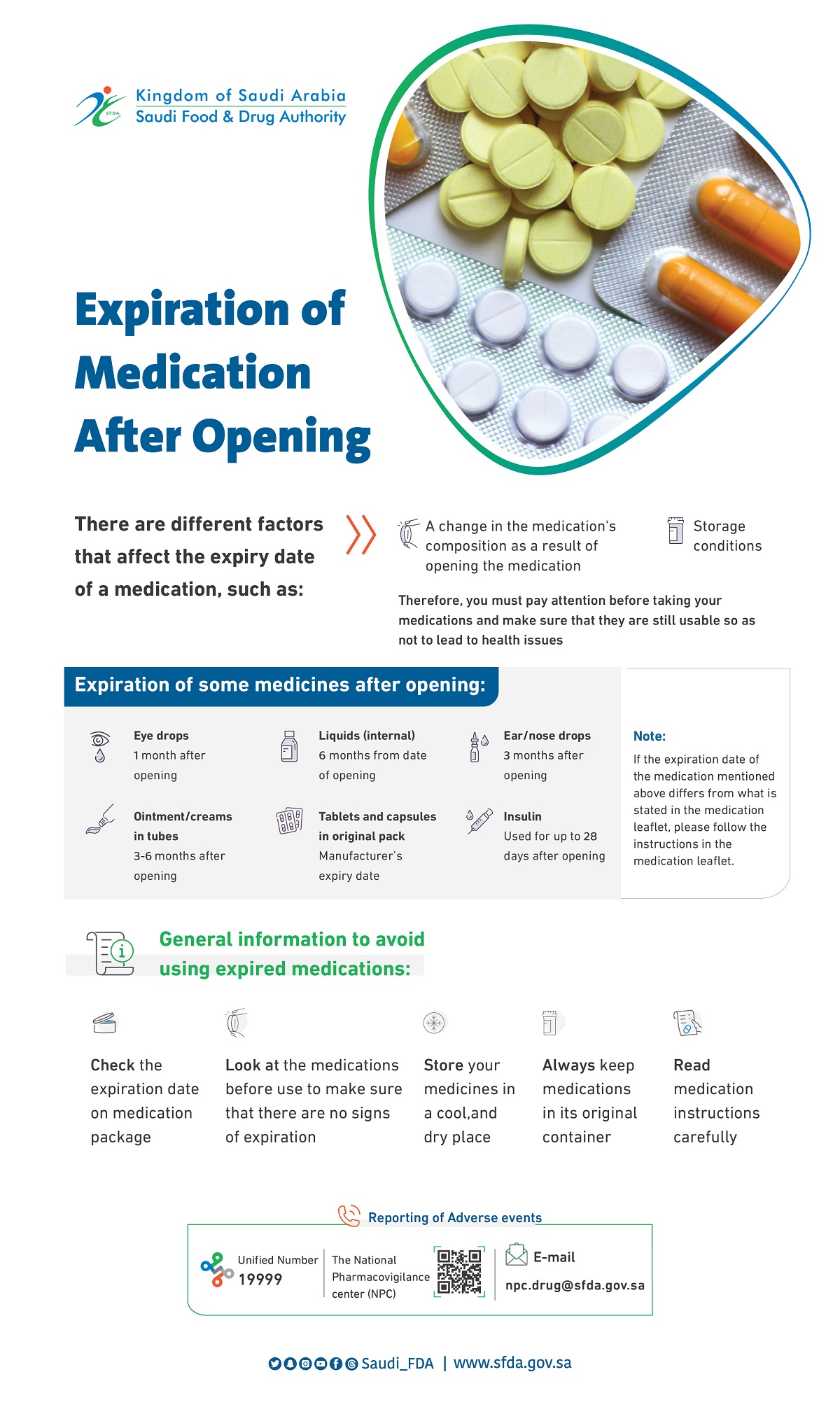

-
About SFDA
About SFDA
SFDA in vision 2030
Authority Strategy
Career and Life
- Information Lists
-
Areas
- Consumer Corner
- Media Centre
- Eservices
Major Congenital Malformations after First-Trimester Exposure to ACE Inhibitors
Major Congenital Malformations after First-Trimester Exposure to ACE Inhibitors
Major Congenital Malformations after First-Trimester Exposure to ACE Inhibitors
2006-06-13
Background
Use of angiotensin-converting enzyme (ACE) inhibitors during the second and third trimesters of pregnancy is contraindicated because of their association with an increased risk of fetopathy. In contrast, first-trimester use of ACE inhibitors has not been linked to adverse fetal outcomes. We conducted a study to assess the association between exposure to ACE inhibitors during the first trimester of pregnancy only and the risk of congenital malformations.
Methods
We studied a cohort of 29,507 infants enrolled in Tennessee Medicaid and born between 1985 and 2000 for whom there was no evidence of maternal diabetes. We identified 209 infants with exposure to ACE inhibitors in the first trimester alone, 202 infants with exposure to other antihypertensive medications in the first trimester alone, and 29,096 infants with no exposure to antihypertensive drugs at anytime during gestation. Major congenital malformations were identified from linked vital records and hospitalization claims during the first year of life and confirmed by review of medical records.
Results
Infants with only first-trimester exposure to ACE inhibitors had an increased risk of major congenital malformations (risk ratio, 2.71; 95 percent confidence interval, 1.72 to 4.27) as compared with infants who had no exposure to antihypertensive medications. In contrast, fetal exposure to other antihypertensive medications during only the first trimester did not confer an increased risk (risk ratio, 0.66; 95 percent confidence interval, 0.25 to 1.75). Infants exposed to ACE inhibitors were at increased risk for malformations of the cardiovascular system (risk ratio, 3.72; 95 percent confidence interval, 1.89 to 7.30) and the central nervous system (risk ratio, 4.39; 95 percent confidence interval, 1.37 to 14.02).
Conclusions
Exposure to ACE inhibitors during the first trimester cannot be considered safe and should be avoided.




